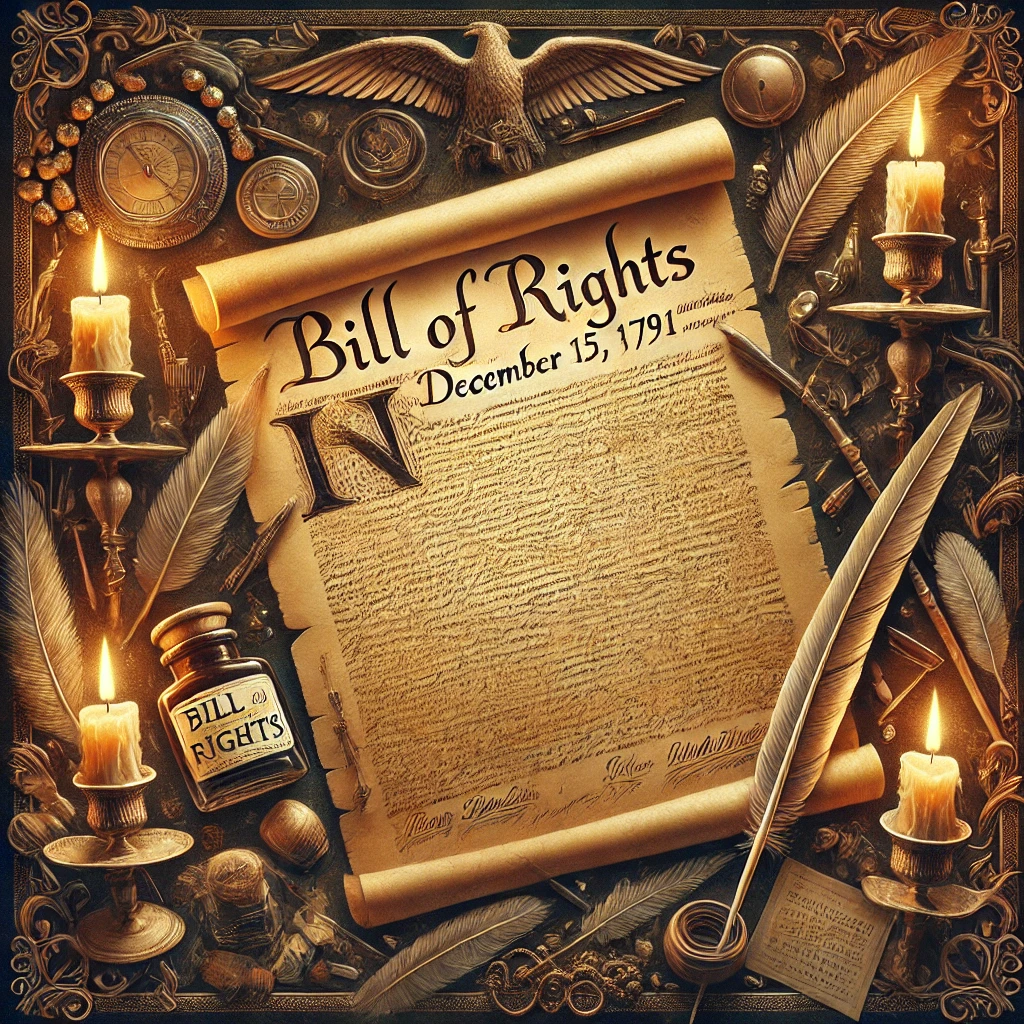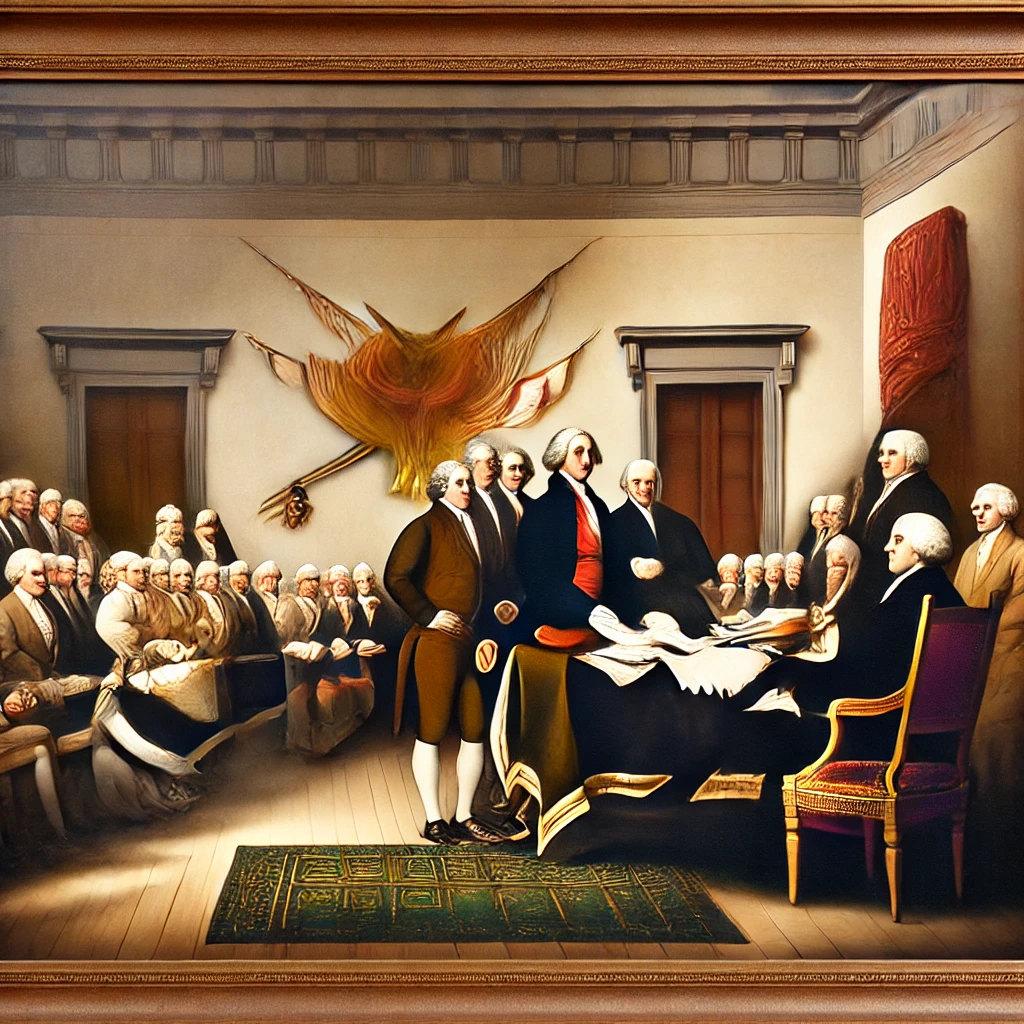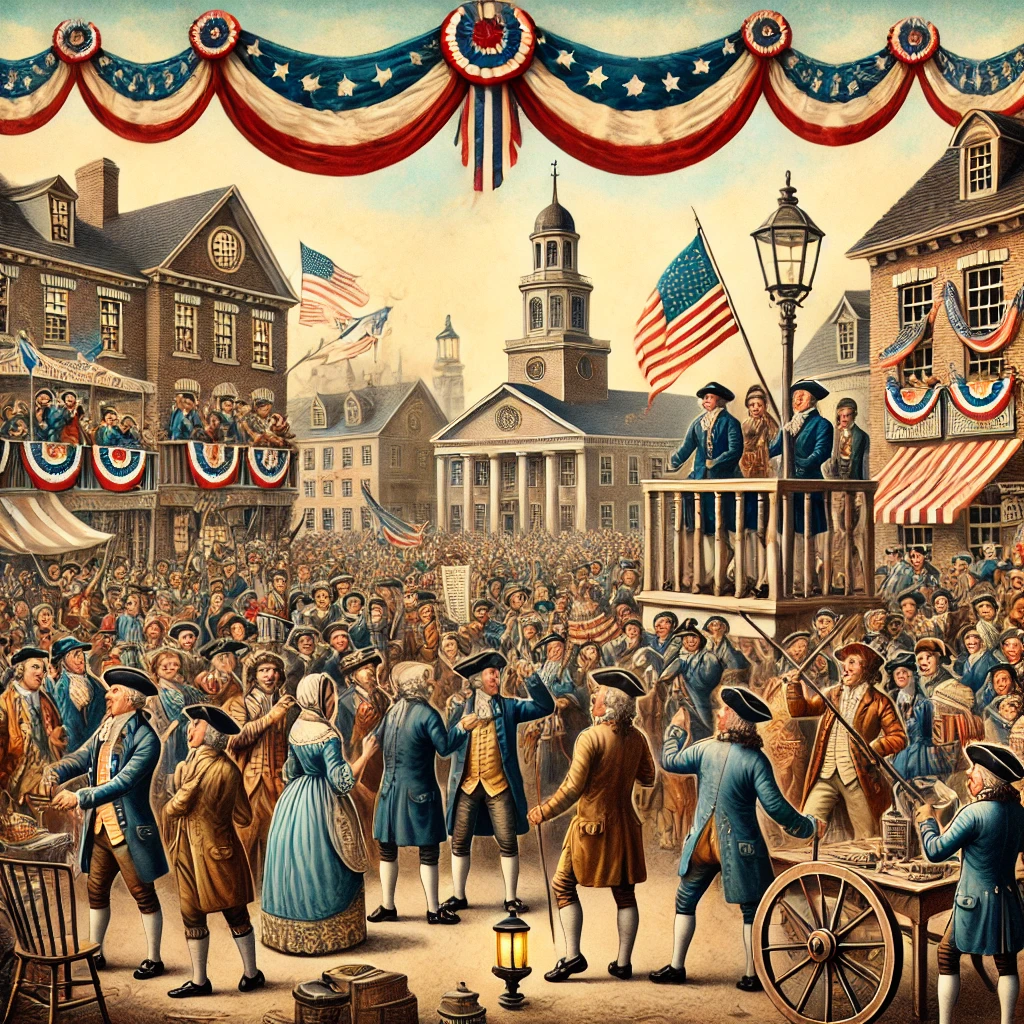On this pivotal day in 1791, the United States Bill of Rights, the first ten amendments to the U.S. Constitution, was ratified. These amendments guaranteed fundamental rights and liberties for American citizens, setting a precedent for democracy and individual freedoms that would resonate across the globe.

The Birth of the Bill of Rights
The Bill of Rights was born out of a need to address concerns raised during the ratification of the Constitution in 1787. Many Anti-Federalists feared that the newly created federal government would wield too much power, potentially infringing on individual and state rights. James Madison, often called the “Father of the Constitution,” took the lead in drafting the amendments to quell these concerns. Drawing inspiration from earlier documents like the Magna Carta and Virginia Declaration of Rights, Madison crafted a list of protections for personal freedoms, justice, and limitations on government power.
After months of debate and revisions, Congress approved twelve amendments in 1789, sending them to the states for ratification. By December 15, 1791, ten of these amendments were ratified, becoming what we now know as the Bill of Rights.
Significance in Historical Context

The ratification of the Bill of Rights was a watershed moment in American history. It ensured that essential freedoms—such as freedom of speech, religion, and the press—were enshrined as fundamental rights. It also established critical legal protections, such as the right to a fair trial, protection against self-incrimination, and safeguards against excessive government intrusion into private lives.
By formally codifying these rights, the Bill of Rights addressed the fears of those who had opposed the Constitution’s initial ratification. It reassured citizens that their liberties would not be subject to the whims of a centralized authority. This compromise not only secured the Constitution’s place as the supreme law of the land but also unified a nation that was deeply divided along political and philosophical lines.
Lasting Impact on Modern Governance
The principles outlined in the Bill of Rights continue to serve as the bedrock of American democracy. Over the centuries, these amendments have shaped legal interpretations, influenced landmark Supreme Court cases, and inspired movements for civil rights and social justice. From Brown v. Board of Education to the ongoing debates around free speech in the digital age, the Bill of Rights remains a living document, adapting to the needs and challenges of contemporary society.
Internationally, the Bill of Rights has inspired the creation of similar documents in other nations and contributed to the development of human rights principles enshrined in global agreements like the Universal Declaration of Human Rights. Its legacy underscores the enduring value of protecting individual freedoms and limiting governmental power.
A Celebration of Liberty

As we reflect on the ratification of the Bill of Rights, it is essential to appreciate its role in shaping the American identity and legal framework. This historic milestone serves as a reminder of the enduring struggle to balance governance and liberty. It also highlights the responsibility of each generation to preserve and expand upon the freedoms that the Bill of Rights guarantees.
Today, the Bill of Rights is not merely a historical artifact but a living promise—a cornerstone of the liberties Americans cherish and a beacon of hope for freedom-seeking people worldwide.
